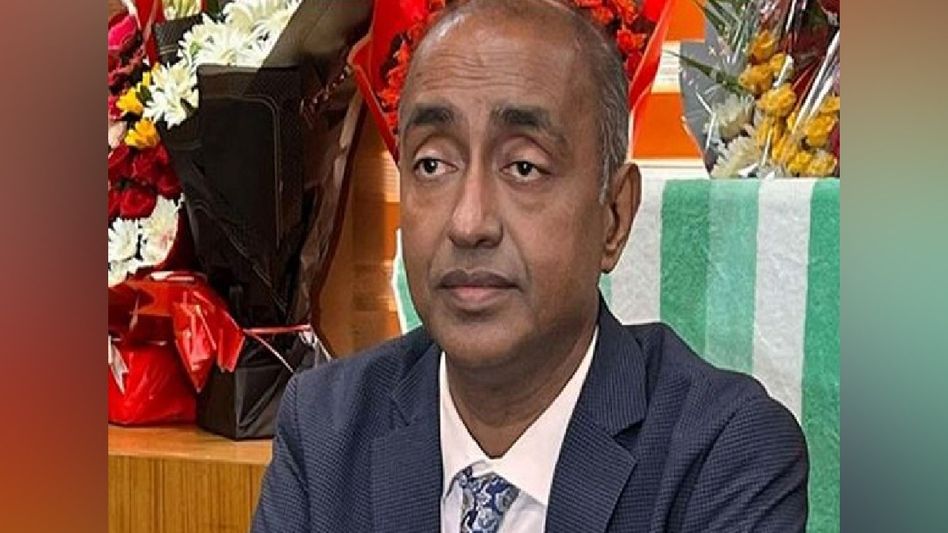"Remove Secularism": Bangladesh Attorney General calls for Constitutional amendments
In a significant development, Bangladesh's Attorney General, Mohammad Asaduzzaman, has called for major amendments to the nation's Constitution, suggesting the removal of several key provisions

In a significant development, Bangladesh's Attorney General, Mohammad Asaduzzaman, has called for major amendments to the nation's Constitution, suggesting the removal of several key provisions. His comments, made during the ongoing High Court hearings regarding the legality of Bangladesh's 15th Constitutional Amendment, have stirred significant debate.
Asaduzzaman proposed the removal of terms such as socialism, Bengali nationalism, and secularism from the Constitution. He also questioned the continued designation of Bangabandhu Sheikh Mujibur Rahman as the "Father of the Nation," according to United News of Bangladesh (UNB).
Focusing on Article 8 of the Constitution, Asaduzzaman argued that the principles of socialism and secularism no longer align with the nation's current socio-political context, particularly in a country where approximately 90 percent of the population is Muslim. He recommended reinstating the original wording that emphasized "unwavering faith in Allah," in place of secular ideals.
The Attorney General also raised concerns over the inclusion of Bengali nationalism in Article 9, deeming it incompatible with modern democratic values. His suggestions have reignited discussions on the evolution of the Constitution in the context of changing national and global dynamics.
The 15th Constitutional Amendment, which was passed by the Bangladesh Parliament on June 30, 2011, had already made significant changes to the Constitution. These included the recognition of Sheikh Mujibur Rahman as the Father of the Nation, the abolition of the caretaker government system, and an increase in the number of reserved seats for women in Parliament from 45 to 50, as reported by the Dhaka Tribune.
Also read: Conflict zones and childhood: The impact of violence on Manipur's future generations
Copyright©2024 Living Media India Limited. For reprint rights: Syndications Today









